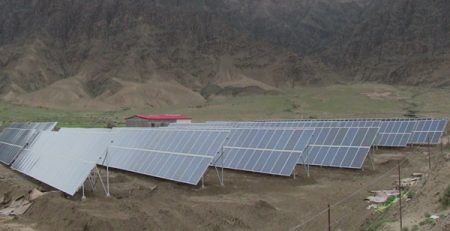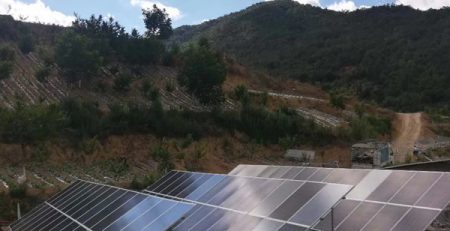COVID-19 がアフリカのオフグリッド太陽光発電のリスクを高めている
Covid-19 is testing energy infrastructures across Africa, そしてこの背景に対して, オフグリッド太陽光発電は、大陸でますます重要な役割を果たす可能性が高い. 「エネルギーがないと, 私たちはこれと戦うことはできません,ビル・レニハンは言った, ゾラエレクトリックのCEO, アフリカで太陽光発電と蓄電システムを開発する会社.
「Covid-19のパンデミックは、アフリカでは初期段階にあります. 何が起こるかわからないうちに, その影響は大きいと予想されます, and we are trying to get ahead of it,” Ryan Levinson, CEO and founder of SunFunder, a solar finance company that provides debt capital to solar enterprises in sub-Saharan Africa said.
At this stage, it is unclear what effect Covid-19 will have on the collective perception of renewable energy as an alternative to coal power, given coal’s impact on respiratory health. What is clear is that that the energy sector will be integral to the post-coronavirus economic recovery.
Any solution that solves Africa’s energy problems during this pandemic is a good solution, but distributed energy resources (DERs) are uniquely positioned.
The importance of energy independence
“The grid can’t be expanded in time to address this. [Covid-19] is showing how critical energy independence is. Demand is more acute than ever,” Lenhian said. Almost one billion Africans lack access to a reliable grid, and most have no grid access at all.
Amid the Covid-19 pandemic, Zola Electric has shifted its mission to focus more squarely on providing power for essential services. With traditional capital sources shut down, Zola has been working with the World Bank, the Netherlands’ FMO, and a host of other national developmental finance companies that are focused on providing capital during a crisis. “We have to win the war [against Covid-19] on every front. We are not going to win if Africa or India lose,” Lenihan said.
Typically, off-grid solar projects, which do not require massive transmission lines, are smaller than grid-tied solar projects. This should facilitate capital raising, accelerate rollout and reduce the complexity often associated with massive infrastructure projects.
As developing countries’ access to capital is more limited and many African governments are also not in a position to deploy much in the way of financial assistance, whole industries will struggle because of the shutdowns. Many small and medium-sized companies in Africa operate with less than three months of liquidity, Lenihan said.



